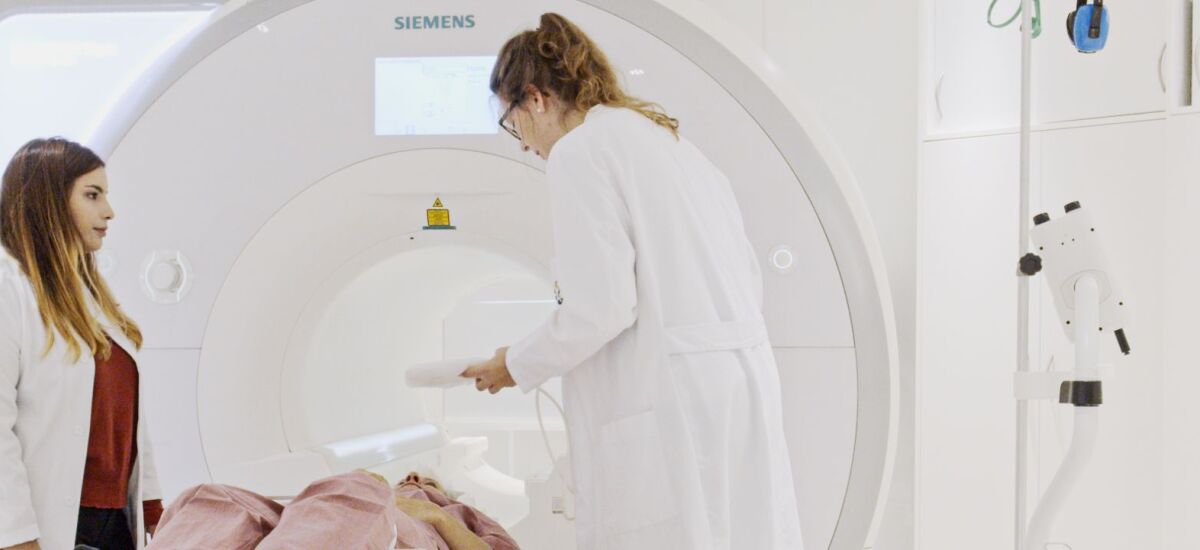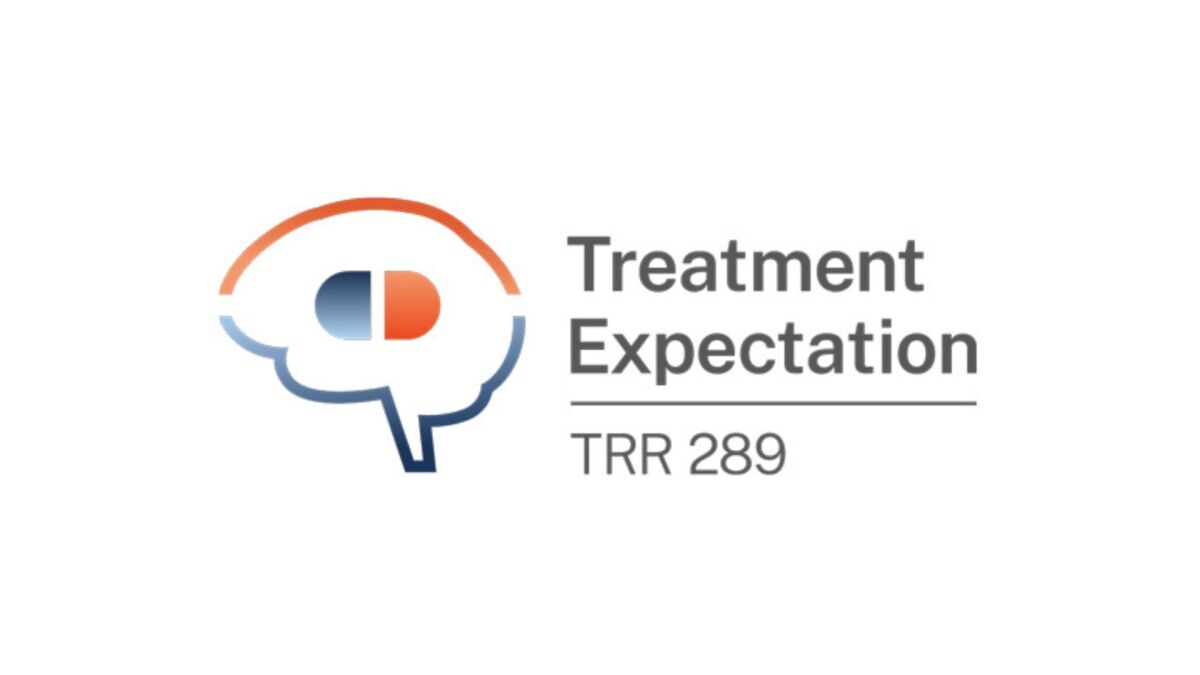
SFB/TRR 289Treatment Expectation
Experiences and expectations are powerful therapeutic tools. This insight is thousands of years old. But what effects do positive and negative patient expectations have on the success of treatment today? To answer this research question, research teams are working closely together in an interdisciplinary composition in 16 projects. In the Collaborative Research Centre/Transregio 289 "Treatment Expectation", basic researchers and clinicians want to decipher the neurobiological and psychological mechanisms behind the effects of treatment expectation, record individual differences between individual patients and examine how the results can be transferred to everyday clinical practice. The hope is to expand the therapeutic treatment spectrum for millions of patients.
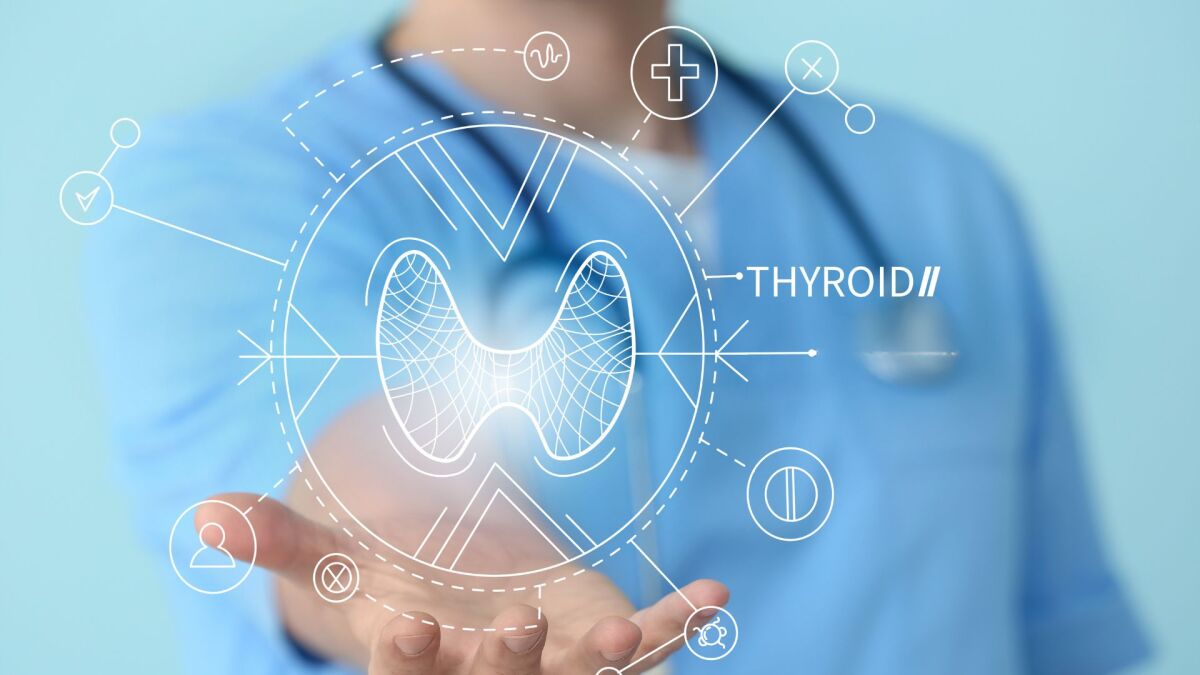
SFB/TRR 296Local control of the TH effect
Circulating levels of thyroid hormones (TH) are routinely used to diagnose thyroid disease. However, recent discoveries of patients:in with mutations in TH transporters or TH receptors have shown that circulating hormone levels are not sufficient to correctly assess thyroid status in the body. Further studies have shown that tissues or cells can be in a hyper- or hypothyroid state that does not correspond to the TH concentrations in the serum, as several cellular levels control the TH action in the tissue. This is what the SFB/TR "Local control of TH action" (LocoTact) is addressing. The interdisciplinary consortium focuses on the brain, heart and liver as the main targets of TH and characterises the role of altered local TH action in disease progression at the organ and cellular level.
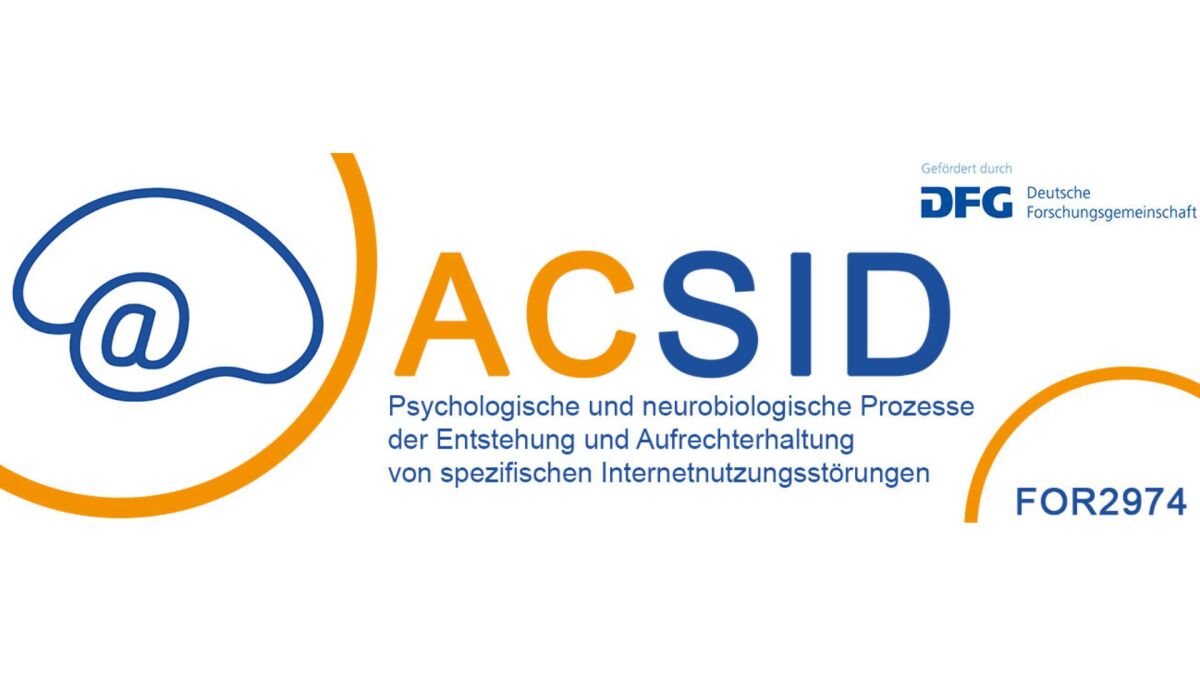
DFG Research Group 2974Affective and cognitive mechanisms of specific internet use disorders
Computer games, pornography use, shopping and the use of social networks: all of these involve the risk of addiction online. The research group headed by Prof. Dr. Matthias Brand investigates the (bio-)psychological processes - especially the affective and cognitive mechanisms - of the development and maintenance of the aforementioned addictive behaviours, which are primarily carried out online. The core concepts addressed in the research group are stimulus reactivity, executive functions and specific inhibition control, implicit cognitions and decision-making behaviour. A cross-sectional comparison together with a follow-up survey of persons with unproblematic, risky and pathological behaviour will show the stages of the addiction process.
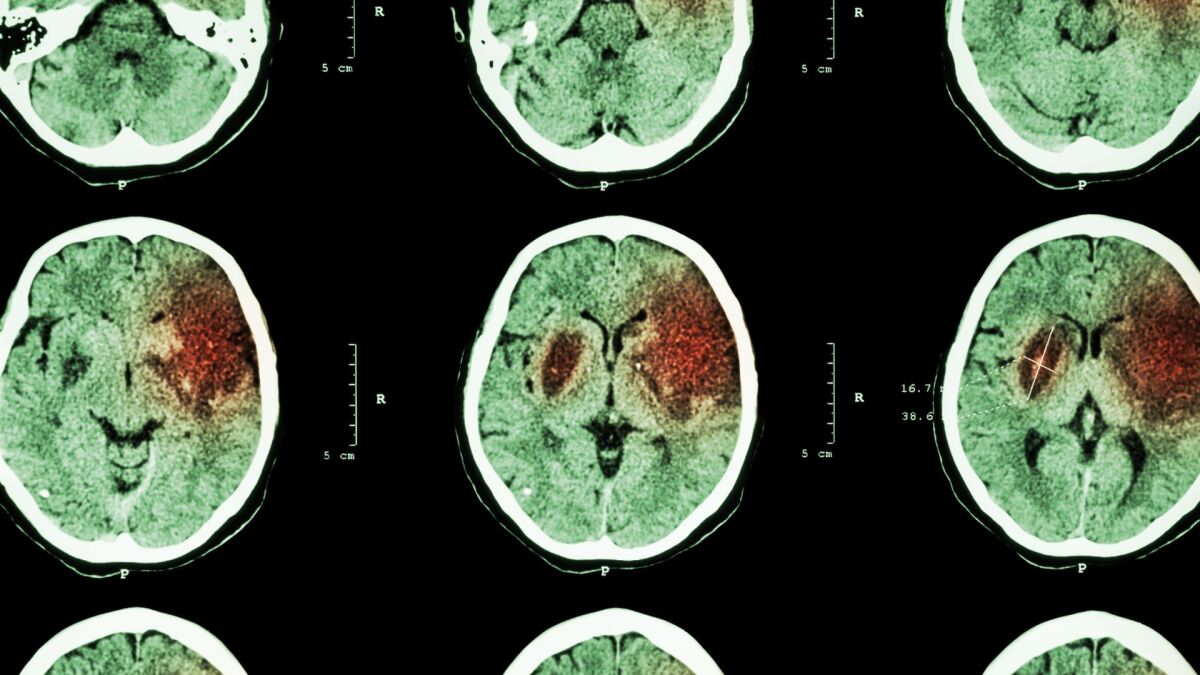
DFG Research Group ImmunoStroke
Worldwide, strokes are the second leading cause of death and the main reason for long-term disability among adults. In Germany alone, one person suffers a stroke every two minutes. In contrast, treatment options are limited and new procedures often do not pass the practical test. The research group "ImmunoStroke: From Immune Cell to Stroke Regeneration" has set itself the task of uncovering the still largely unknown mechanisms and immunological interactions in the chronic phase after a stroke and setting new standards in the treatment of patients. The spokesperson is Prof. Dr. Christoph Kleinschnitz from the Medical Faculty of the UDE and Director of the Clinic for Neurology at the University Hospital Essen.


